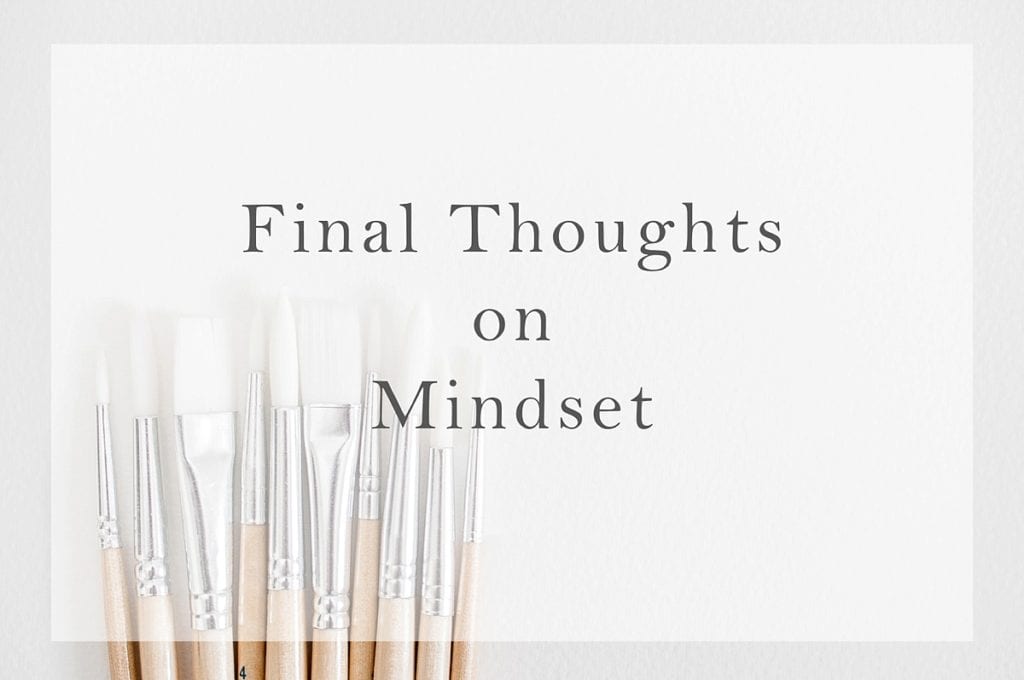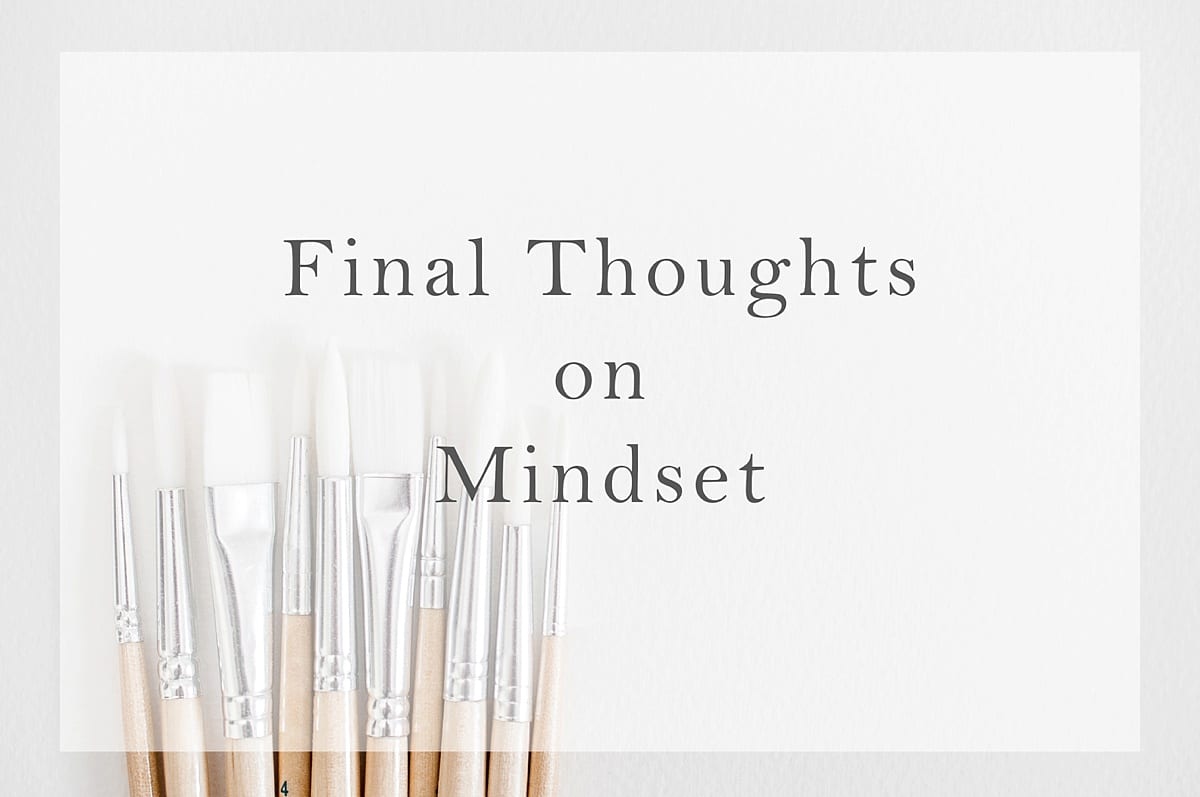 To culminate what we have discussed about inward and outward mindset, I will be addressing a very common topic among creatives. I would ask that while reading this article you keep an open mind and try to look at old concepts with a new perspective. The major buzz phrase around the creative community for the last three years or so is “community over competition”. The intent of this phrase was to instill a sense of wanting to help others to foster a community atmosphere among the wedding industry. Sounds great in theory, but turned out to be one of the most toxic experiments I have ever seen. Instead of producing this sense of “community”, an atmosphere of fear and guilt for not giving up product or knowledge has taken over the industry. In this article I hope to discuss this topic further and propose a possible solution that will help.
To culminate what we have discussed about inward and outward mindset, I will be addressing a very common topic among creatives. I would ask that while reading this article you keep an open mind and try to look at old concepts with a new perspective. The major buzz phrase around the creative community for the last three years or so is “community over competition”. The intent of this phrase was to instill a sense of wanting to help others to foster a community atmosphere among the wedding industry. Sounds great in theory, but turned out to be one of the most toxic experiments I have ever seen. Instead of producing this sense of “community”, an atmosphere of fear and guilt for not giving up product or knowledge has taken over the industry. In this article I hope to discuss this topic further and propose a possible solution that will help.
Lets discuss what went wrong with the original concept of “community over competition”. If you look up the strict definition of community it states “feeling of fellowship with others, as a result of sharing common attitudes, interests, and goals.” Since all of us are in the wedding industry sand want to be successful we are a “community”. Sounds good, right? This could not be further from the truth. Over time, this concept mutated to a sense that all of us must help out one another to be successful and if you don’t you are not part of the community. The reason this concept has mutated so much is that the wedding industry was never a community in the first place.
I know that last statement probably pissed off a lot of people but here me out. In order to be a community we have to share common attitudes, interests, and goals. All wedding vendors fall under the big umbrella of “wedding world” and may share some similarities but have very different goals, interests, and even jobs. Therefore, it is very difficult for all of us to be a community with such differences. I propose, a better way to look at the wedding industry as a whole is simply as people.
People have individual goals, ideas, and interests. In order to embrace these differences we must look at each person with an outward mindset (term coined by the Arbinger Institute). In an outward mindset others matter like I matter. “With an outward mindset, I am alive to others. I care about their needs, goals, and objectives.” In this mindset, I truly want other people to succeed. Some people may interpret this as to simply give them whatever they want (inward mindset). In a true outward mindset, I look at each person and think to myself “how can I help?”. Sometimes that might be giving information or letting them fail (doing the hard, right over the easy, wrong). Regardless, treating people as people is more individualized and focused on their success as people.
I hope you have enjoyed this series. To further learn about the outward mindset you can also read Leadership and Self Deception, Anatomy of Peace, and the Outward Mindset written by the Arbinger Institute. If you are a more visual learner, you can watch this webinar as one of the founding partners explains mindset. If you would like coaching on how to implement mindset into your business please contact the Restart Specialist.
